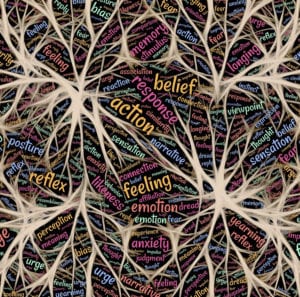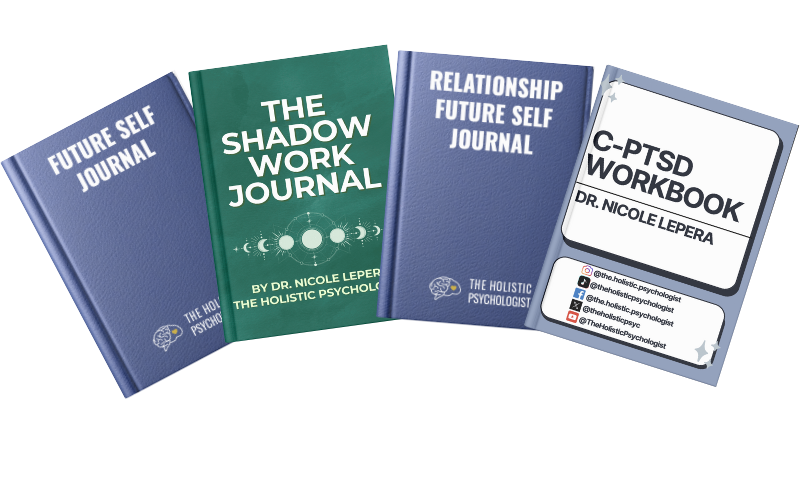When I first started in psychotherapy, I had many patients who were “stuck.” They would come in week after week with few changes. Frustrated and hopeless their energy would fill the room. I’d feel the projected energy our entire session together. It was through these tough patients whom I saw for years that I came to understand the model of an evolving self.
So what is an evolving self?
It is intentional self development that happens gradually over time. I put emphasis on intentional because evolution is not something that just comes. An evolving self is a radical shift in the way you process your own thoughts and the world around you. It takes time and discipline. A person evolving is committed to self discovery.
Most people are in a “fixed model” of self. Since the mind accepts whatever reality you give it, it will continue to process the events of your life according that framework. You cannot expect your mind to process information differently if you have not taught it how.
At its core, evolution is a choice.
It is developing the belief that you are a power co-creator not a passive participant in life.
As someone who lived a vast majority of my life in a fixed model existence, I understand that this takes a radical shift in ones thinking, habits, and priorities. I also know the rewards are beyond what I could put into into a blog post.
Here are some steps to begin evolving:
1.Observe. The beginning of changing any mindset is to actually view your mind. While this sounds easy it brings up all different kinds of emotions because we’ve never created space between ourselves and our thoughts. When we begin watching our thoughts instead of acting on them, feelings of shame, discomfort and fear come up full force. Breathe through these feelings. It is important to stay committed to this beginning step. This doesn’t have to be done in a formal meditation. Observe your thoughts while you’re with friends, making dinner, or existing with your partner. As your mind becomes adjusted to being observed the intense feelings will begin to fade.
2.Re-learn the concept of time. When we mindlessly go about life, it is easy to feel lack of time. We also live in a society that repeats the manta of “no time” regularly. In actuality, we have plenty of time in a day. If we didn’t there would be no Netflix, social media scrolling, or entertainment. We have time for what we make time for. Be present to how you’re spending your time. Start noting where you spend downtime. Do not talk about lack of time to friends or family. See opportunity and abundance of time and time as a concept will change.
3.Create rituals. People who evolve have many daily rituals they call “life.” These don’t happen overnight. Commit to one small ritual and stay committed for 30 days. It could be a 3 minute meditation, it could be a 10 minute morning walk. Just stay committed. When you’ve mastered that ritual (which just means it seamlessly becomes a part of your life like brushing your teeth) add another. Be patient and committed. If a day is skipped pick up the next day. Rituals take a lot of time but they are key to self change. Your daily rituals create your life.
4.Drop complaining as a form of communication. When I decided I was no longer going to complain, two things happened. First, I was shocked at how much complaining I actually did. I was also shocked at how many of my relationships were based around complaining about mundane things. Unfortunately complaining is a form of connection and communication for many people. It’s a very difficult habit to break, but necessary to evolve. Thoughts and energy around complaining block evolution. Tell friends or family you’re doing a “complaining cleanse” and use communication as a way to learn more about the people you love in your life.
5.Re-think your past. It’s common to feel regret or shame about your past. The problem with this is it will keep you in a fixed model because you’ve failed to see the opportunity that came from your own life experiences. No matter how traumatic your past was, if you can process the difficult emotions around them there are important lessons within them. Teaching your brain to learn from your past helps you to think more clearly in the present.








